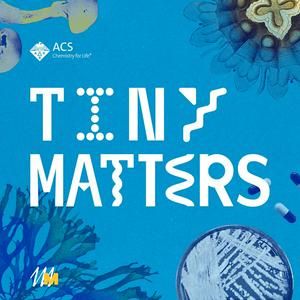[BONUS] 'Night soil' recycling and could viruses be the new antibiotics?: Tiny Show and Tell Us #16
In this episode of Tiny Show and Tell Us, we consider if bacteriophages could become our biggest allies in the fight against antibiotic resistance. Then we cover the historical role of "night soil men" and how some sewage treatment systems today are setting the standard for sustainable management of human excrement while also making sure we don't get sick. We need your stories — they're what make these bonus episodes possible! Write in to
[email protected] *or fill out this form* with your favorite science fact or science news story for a chance to be featured.A transcript and references for this episode can be found at acs.org/tinymatters.See Privacy Policy at https://art19.com/privacy and California Privacy Notice at https://art19.com/privacy#do-not-sell-my-info.


